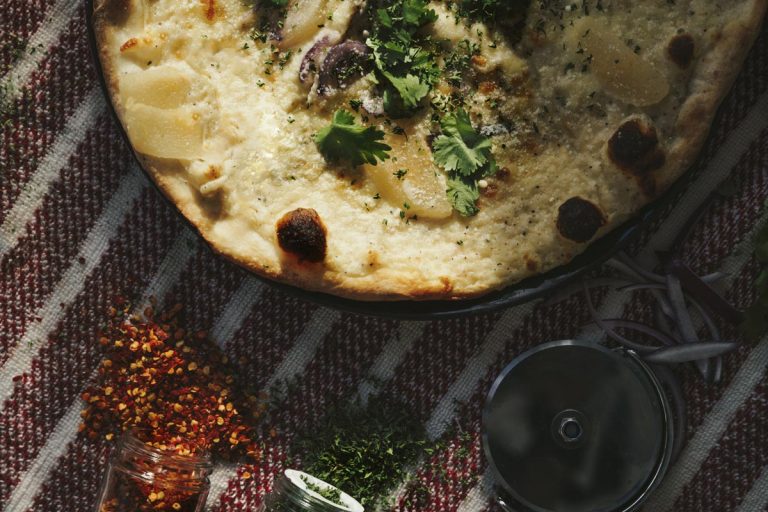Pizza Express chain closes 73 restaurant branches in the UK. Here’s the full list

Why are Pizza Express restaurants shutting down?
The famous Chinese-owned restaurant group Pizza Express revealed last night in a statement that it will close 73 restaurant branches across the UK. The branches will close as part of a plan to restructure its estates.
The chain, which has over 470 restaurants across the UK and 100 overseas in Europe, Hong Kong, China, India, Indonesia, Kuwait, The Philippines, The United Arab Emirates, Singapore and Saudi Arabia had already been struggling before the COVID-19 pandemic hit the world.
The company’s statement explained that although the majority of its restaurants were profitable before lockdown was imposed, earnings had been declining across the Pizza Express estate for the last three years. It added that the reduction in revenue caused by the enforced closure of all restaurants as well as the cost of reopening and the UK’s uncertain economic future meant its rental costs were no longer sustainable. These new closures are thought to impact 1,100 members of staff.
Pizza Express, which is owned by Chinese firm Hony Capital, also confirmed it had hired advisers from Lazard to lead a sale process for the business.
Here is the full list of the chain's restaurants shutting down in the UK
Aberdeen – Belmont Street
Aylesbury
Barnstaple – Three Tuns
Biggleswade
Billericay
Birmingham – Corporation Street
Birmingham – Mailbox
Bournemouth – Post Office Road
Bramhall
Bristol – Berkeley Square
Bristol – Regent Street
Bromsgrove
Bruton Place
Charlotte Street
Chippenham
Dalton Park
Darlington
Dudley – Merry Hill
Earls Court – Earls Court Road
Edinburgh – Holyrood
Formby
Fulham Palace Road
Glasgow – Princes Square
Glossop
Gosforth
Grantham
Halifax
Hampstead
Hatch End
Hereford
Heswall
Ipswich – Lloyds Avenue
Leeds – Crown Street
Leeds – Horsforth
Ludlow
Lymington
Melton Mowbray
Midhurst
Milton Keynes
Moseley
New Brighton
Newcastle
Newport – Isle of Wight
Newport – South Wales
Northallerton
Nottingham – Goosegate
O2 Finchley
Orpington
Oxford – Oxford Castle
Poole
Port Solent
Ramsgate
Reading – St Mary’s Butts
Scarborough
Sheffield – Devonshire Street
Sheffield The Moor
Shirley
Southport – Old Bank
Stafford
Staines
Stoke
Stourbridge
Sudbury
Torquay
Uxbridge
Wakefield
Walsall
Wapping
Wardour Street
Weston-super-Mare
Whiteley Village
Whitstable
Wrexham





